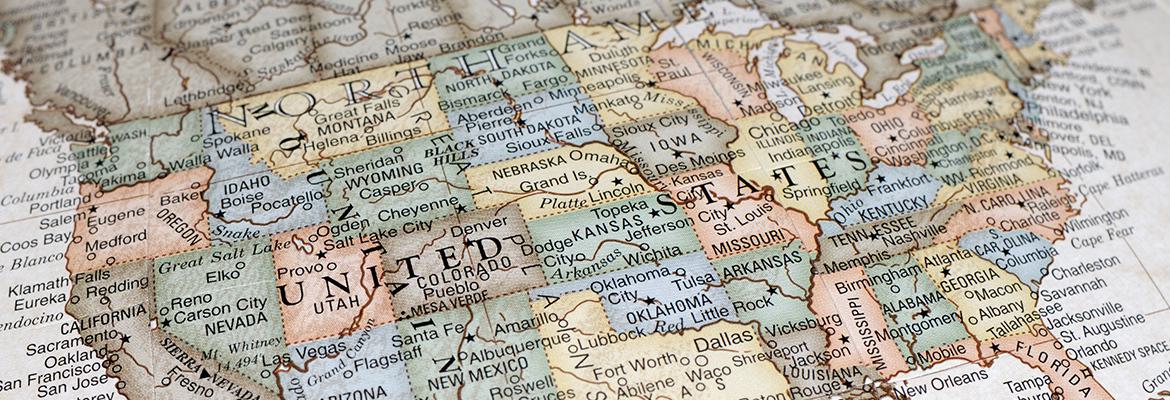
The US Treasury’s Coronavirus Relief Fund Guidance for State, Territorial, Local and Tribal Governments details allowable expenses provided through the CARES Act. The guidance stipulates that the funds may be used to assist with necessary expenditures incurred due to the public health emergency that were not included in the most recent adopted budget and were incurred between March 1 and December 31, 2020.
Many Coronavirus Relief Fund eligible expenses may overlap with FEMA funding so determining which funding source to pursue will enable you to maximize Federal aid. Below we help break down the eligible expenses and the many considerations you should contemplate to improve your economic recovery.
***************************************
Medical expenses
Guidance suggests that governments who received Coronavirus Relief Fund payments can assist local healthcare providers with offsetting increased costs of COVID-19 medical expenses. However, it’s unclear if this explicitly extends to private for-profit providers and networks as well.
Public health expenses (such as PPE, disinfection of public spaces, public safety measures and quarantining individuals)
Guidance allows for governments to pay for disinfection of public areas and other facilities, such as nursing homes. A broader explanation of public areas may also be interpreted to include central congregation points, such as grocery stores and gas stations, which have become essential facilities to the public’s health and safety.
Payroll expenses (employees substantially dedicated to mitigating spread or responding to confirmed COVID-19 cases)
As you make the hard decisions as to which employees to furlough or layoff due to loss of revenue, it’s important you look at what types of COVID-19 initiatives are being deployed within your community in the coming months. Perhaps you can leverage these initiatives to reassign personnel so that greater than fifty percent of their time will be in support of COVID-19-related initiatives. With this approach, you’re able to take employees off your government general fund payroll and get a portion of their salary covered under the Coronavirus Relief Fund.
It’s worth noting that FEMA pays for overtime associated with performing emergency work given it represents an increased cost burden. Pairing Coronavirus Relief Fund assistance with FEMA assistance will help maximize your cost recovery.
Food delivery (to vulnerable and at-risk populations)
FEMA’s interpretation of this category is limited to highly vulnerable populations and those in non-congregate sheltering environments. If you have a broader initiative related to food distribution, this may be a potential source to pursue. Guidance under the Coronavirus Relief Fund is less restrictive and offers another example of how pairing funds may maximize your overall cost recovery.
Economic Support(in connection with COVID-19)
When it comes to eligible expenses, it’s not simply about looking backwards, as is the case with payroll interruption initiatives, but also looking ahead to see how you can rollout economic revitalization programs and assist local businesses. This is one of the most innovative approaches you can employ to mitigate revenue loss. Engage with your local economic development authority or agency to understand regional conditions and determine an economic support program that will best suit business needs, while offering the least amount of administrative burden.
FEMA local cost share matching
Recently, President Trump and the U.S. Treasury indicated they will allow Coronavirus Relief Fund assistance to satisfy local FEMA cost share requirements and related grants. Final guidance is pending, and we will update as more information becomes available.
***************************************
The broad flexibility of this funding source allows for innovative and locally customized solutions for responding to and recovering from COVID-19. Don’t be afraid to think outside of conventional norms when developing programs utilizing this funding source.
Ask for help or guidance as often as needed. Don’t think twice about reaching out to your local counterparts and experts. There are resources available to help and we are one of them. Please contact us at covidhelp@wittobriens.com for further information or to talk to an expert.
-------------------------------------------------------
About Matt Erchull:
Matt is a nationally recognized subject matter expert in a broad range of federally funded grant programs designed to assist disaster and crisis impacted communities. His vast federal crosscutting knowledge base enables him to deliver multi-jointed funding strategies to key stakeholders responsible for responding to and recovery from major emergency and disaster events. Matthew previously served as the Director of Research & Strategic Analysis for New York State’s Superstorm Sandy recovery effort and has well over a decade of experience supporting states, local governments and private non-profit organizations across the US.
